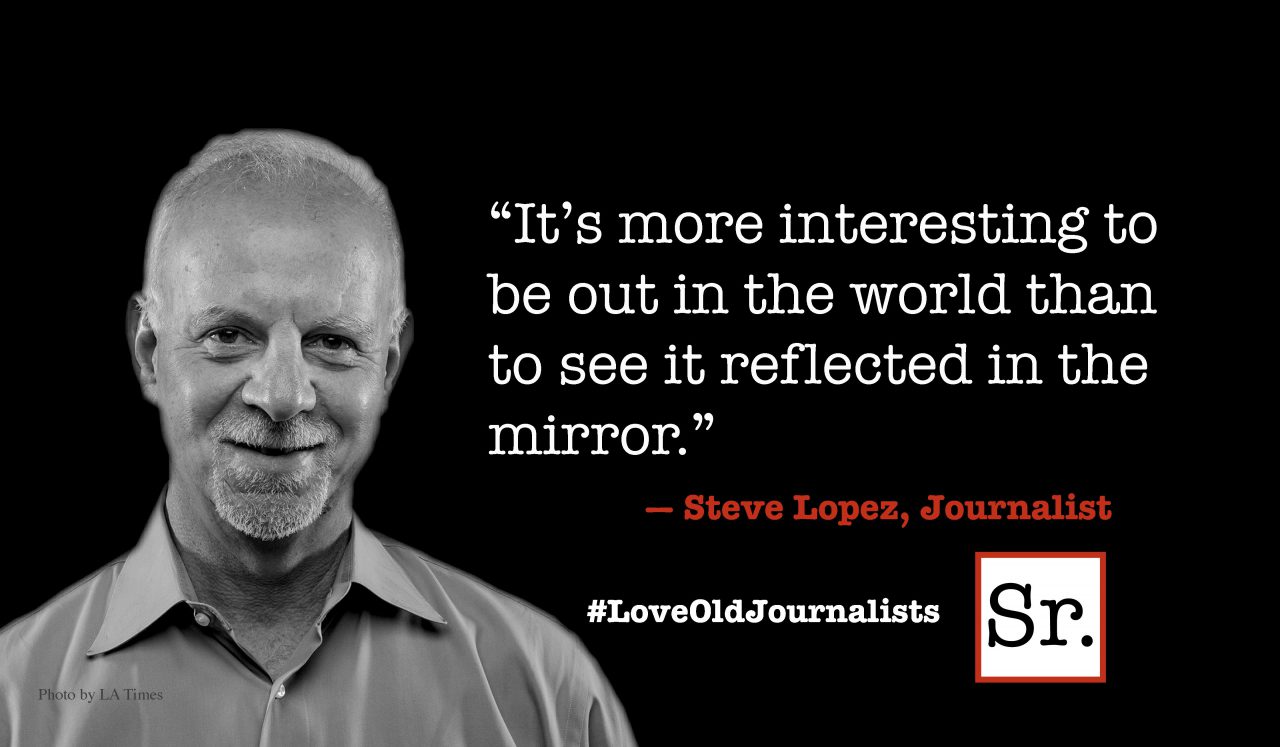Let’s set the scene. This Galilean teacher is in his office looking over the agenda for the next week when a messenger appears.
“Boss, I’ve been working with a couple of your marketers, and they have a problem.”
“So, what’s going on?”
“It seems as if this advance team has out-performed your highest predictions. They have rented a large field for the event and distributed a boxcar load of advertising brochures, and the response has been overwhelming. In fact, we may not be able to produce what we promised. And the event is to be kicked off next week. You’re to make your big pitch on the final evening. But on that afternoon the brochures promise a big picnic, and we just don’t have any food ordered. What do you want us to do?”
“Come on. You guys got us into this, and you’ve got to solve it.”
“But boss, there will be crowds of poor people who may not have had anything to eat that day, and they trust us. We have got to help them. The only option we can think of is to use what money we have in our treasury. We’ve got a lot of wealthy friends who keep the till well supplied, and would be happy to take care of those coming to our event who have nothing. Just say the word and we’ll get right to it.”
“You have got to be kidding! Feeding a multitude like that lulls able-bodied people into lives of dependency and complacency."
Obviously the column thus far is only peripherally about the problem Jesus’ disciples had in providing food for a crowd of hungry people. In the gospel account, the main point is Jesus’ affirmation that the heart of God’s work is support of the least and the poorest who simply need the things that make life possible — like food!
Feeding the hungry becomes a mandate for anyone claiming allegiance to Jesus. Here lies the focus of all the world’s religions. Whether the biblical story centers on the willingness of a young boy ready to share what he had, or some divine creation of food, the message is the same. The hungry of this world must be fed, and it is the task of all those who follow Jesus to see that it is done.
The last sentence in the above fantasy — “Feeding like that lulls able-bodied people into lives of dependency and complacency" — is a quote from Paul Ryan, speaker of the U.S. House of Representatives, uttered as a justification for the recently adopted tax bill and its drastic cut of SNAP. The Supplemental Nutritional Assistance Program — better known as food stamps or SNAP — is a program that offers minimal nourishment to the most needy among us. Here is just another indication that some politically driven affluent Americans are more than ready to take food from the mouths of our neediest children and their families in order to fund middle-class greed. This attack on food stamps is consistent with a score of other administration initiatives geared to gut every program focused on caring for the least among us.
Years ago a group of downtown churches in the Missouri city where we lived established a program that offered noon meals seven days a week. For decades the average number of meals served at the Open Door Food Kitchen was about 200. Who came? The poor, the disabled, single mothers and their children, the homeless. The only qualification for being welcomed was to be hungry. So it was when this Galilean teacher and his friends fed the multitudes on a Judean hillside. Nobody had to prove that lunch would not make them dependent and complacent.
Someday it will be clear that much of this administration’s draconian agenda has been a massive exercise in cruelty, and that this cruelty has fallen heavily on many of those who in 2016 voted for Donald Trump, and to this day remain forgotten. Contrary to the intent of what is emblazoned on baseball caps, America’s greatness may not lie in securing even more for those already economically secure but in providing ways for the least among us to live in dignity. The cynicism evidenced by this administration is only matched by words attributed to Marie-Antoinette, queen of France, who, when told that her nation’s poor had no bread, said, “Let them eat cake.”









